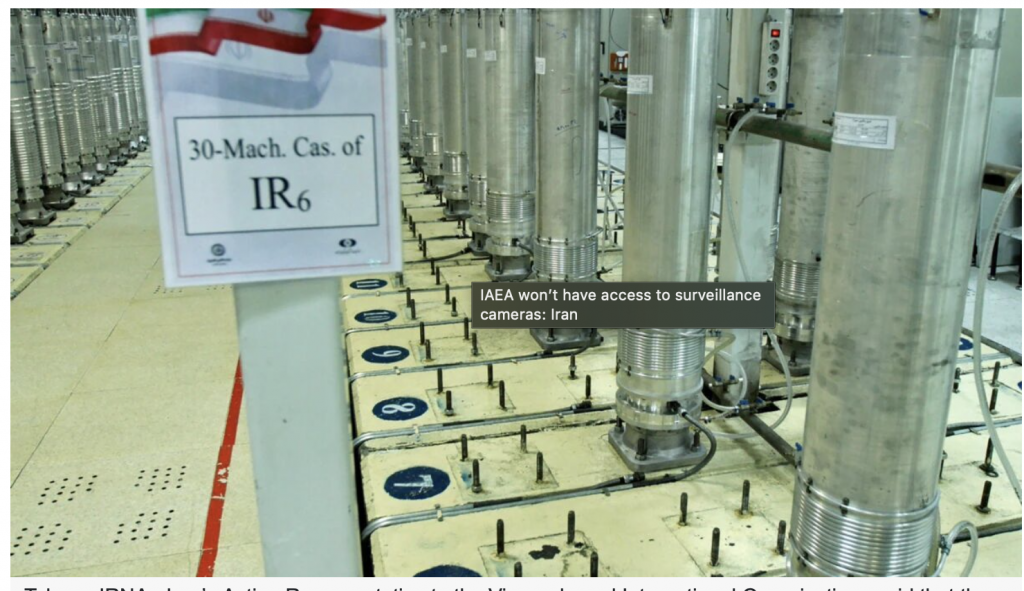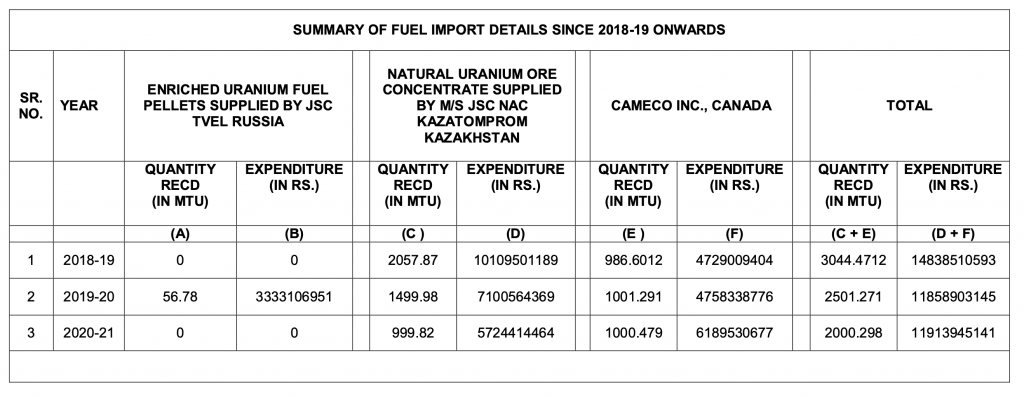More from this 1987 interview with Agha Ibrahim Akram:
WHAT WAS YOUR PERSONAL REACTION TO THE NEWS… THAT THE INDIANS HAD EXPLODED A NUCLEAR DEVICE?
My reaction personally was the same as the national reaction. I think all Pakistanis talked alike on this issue that India has stolen a match, and there’s a positive danger of the Indians eventually becoming a nuclear power. We could see the euphoria in India. The Indians went mad with joy. “Wonderful! We made — we had a nuclear explosion. We’re entering the nuclear club.” Indira Gandhi was regarded as a deity, as a goddess. She had done it. Wasn’t that marvelous? And of course her whole idea was to get political advantage. But the feeling here was there’s no such thing as a peaceful nuclear explosion. This is the first step that India has taken towards becoming a nuclear power and we have to do something about it, to have the capability of responding. Until ’74 — we had never thought much of nuclear matters except as generating electricity in Karachi or places like that, purely for some uses and so on. We never thought of it as an important factor of strategic implication in South Asia. After the ’74 explosion at Bukhara in India. We suddenly realized that warfare from now on might not be as simple and as, as a gentlemen’s war as in the past. It had been a gentlemen’s war with India and Pakistan. We suddenly realized that there was a nuclear angle to it too. And the feeling was that it’ll never be the same again, that we don’t want to make the bomb but we have to have the capability of responding to India. But with this was a strong link and that was the Yom Kippur war of ’73. Because of it the oil prices shot up and in ’74 the effect of that was felt at almost the same time as the explosion, that we suddenly found that more than half our foreign exchange earnings were being spent in importing petroleum. It wasn’t so before that but with the rise in… the explosion of oil prices we suddenly realized that we had to have other forms of energy. So the requirement of nuclear energy for electricity, for power and the danger of the… or the threat from India who had just exploded the, the nuclear device combined together to, to, to make us, make us feel, to make us feel determined that we must go ahead and have a sizeable nuclear program for the production of energy, basically for energy but which might have the capability of stopping India also from going nuclear. ’74 was a watershed. It brought the shadow of the bomb to South Asia and that shadow is still there.



